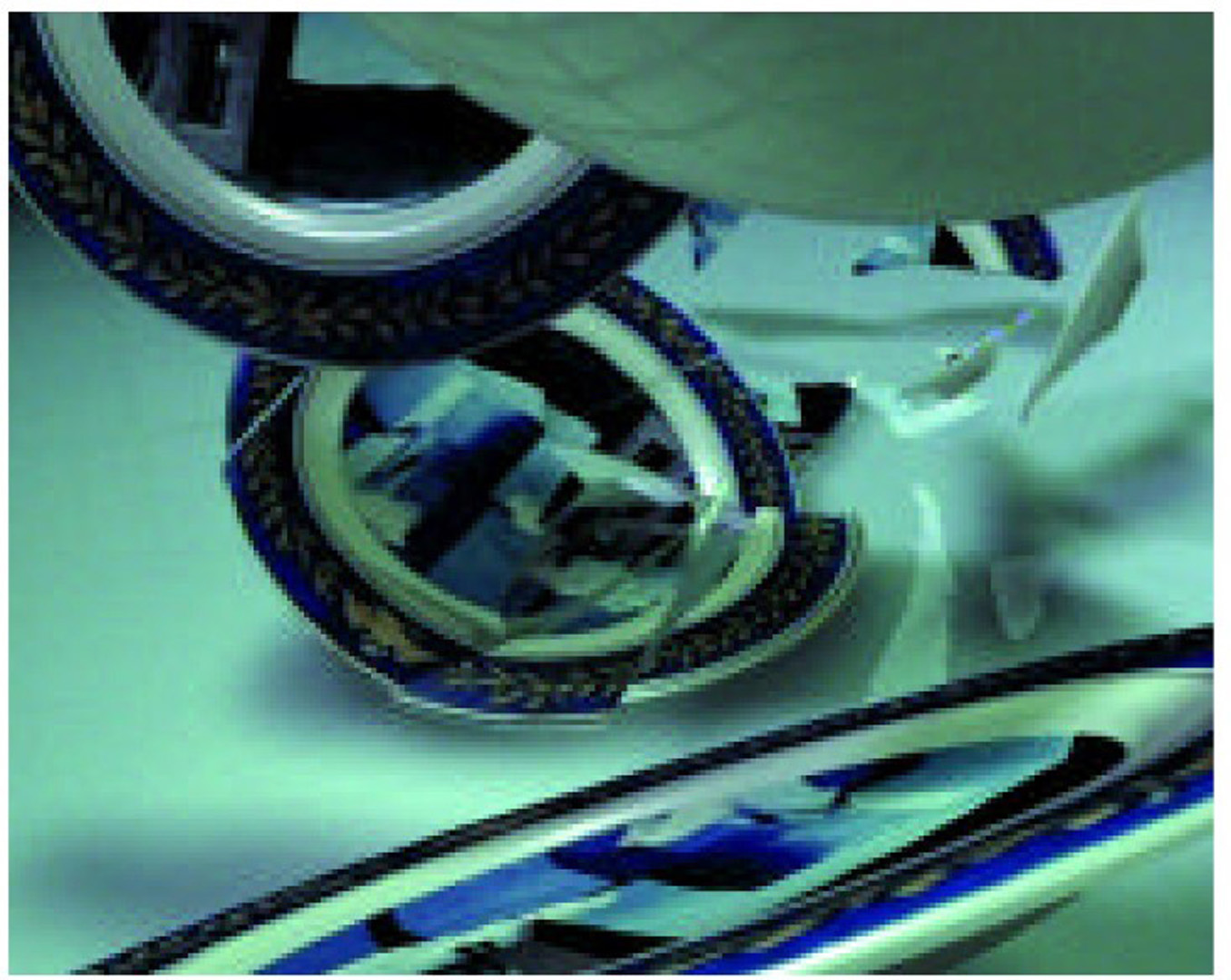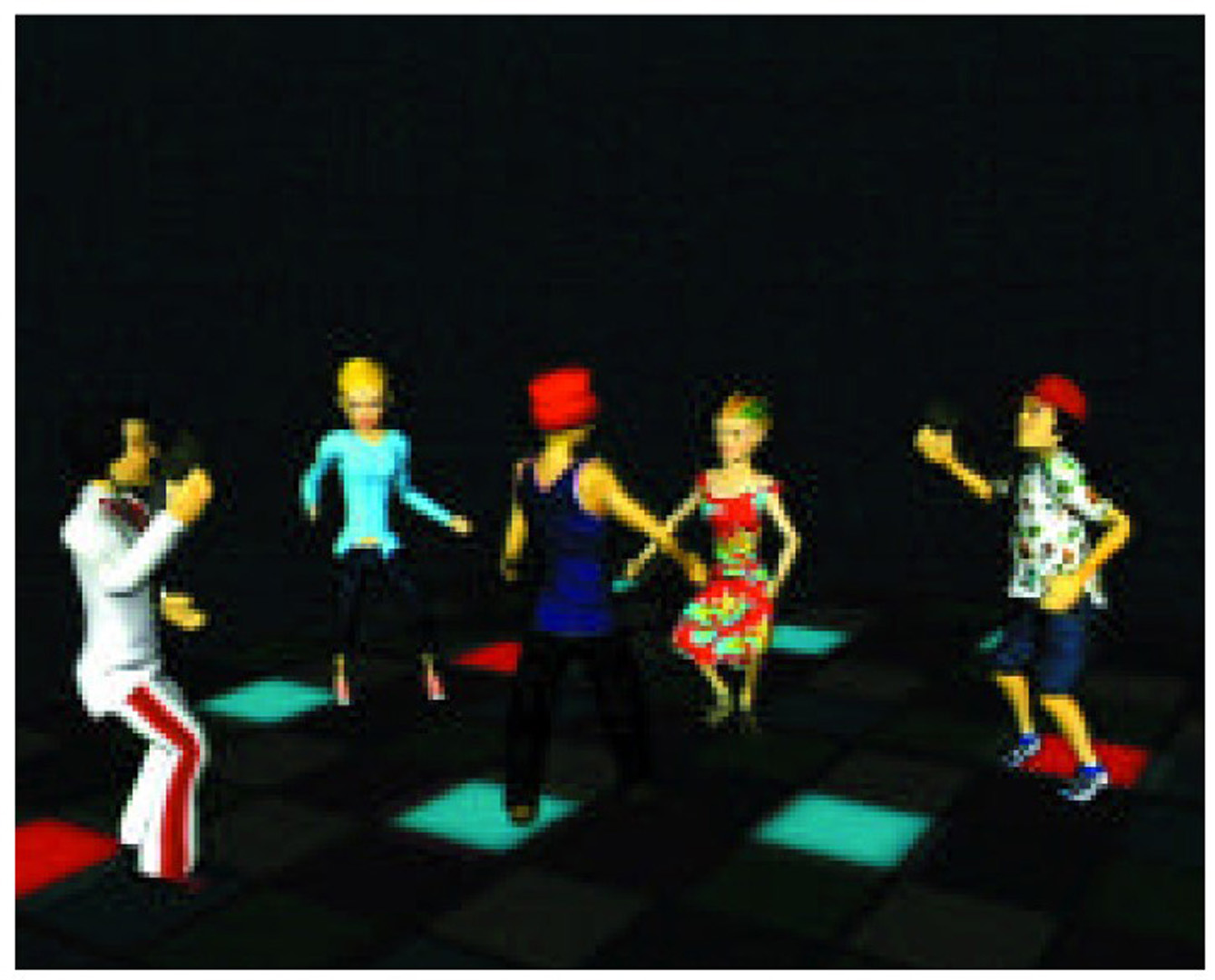“A Multidisciplinary Approach to Masters Education in Digital Research” by Anderson
Conference:
Type(s):
Title:
- A Multidisciplinary Approach to Masters Education in Digital Research
Presenter(s)/Author(s):
Abstract:
The Digital Design Studio of the Glasgow School of Art was developed in response to rapid advances in leading-edge digital technologies. This higher education program encompasses three distinct constituents: education, research, and training.
In general terms, it is difficult for any education system to respond rapidly to developments in advanced technology. Inevitably, this is because of the time it takes to prepare and enshrine new knowledge in an educational context and, in some cases, because of the financial outlay involved. This is particularly the case in digital technologies concerned with prototyping and animation using the most advanced packages. In education at the university level, there were no courses specifically developed to cater for this requirement. In 1997, a wholly new studio was conceived to fill this gap at the Glasgow School of Art, one of the UKÕs most well known art and design institutions and home to the Art Nouveau architecture of Charles Rennie Mackintosh. The Digital Design Studio, as it is now called, had its genesis in the design faculty, but rapidly developed its own ethos and mode of operation in a site remote from the main campus.
The idea behind the studio was to create a leading-edge facility within the higher education sector in the UK, which would act as a flagship for 3D digital technologies. It was recognised, however, that the huge expense involved in creating such a facility would require a wholly different approach than normally employed. Thus, a strategy was developed at the outset to engage companies that were themselves at the leading edge of these technologies. SGI and Alias|Wavefront formed significant educational partnerships and a shared view of the overall aims of the studio. At the same time, industrial partners were sought, including The Ford Motor Company, the BBC, Unilever, Red Lemon, Picardy TV, and DERA (the UK Defence Evaluation Research Agency).
Because of the strategic role that the Digital Design Studio would have at a local, national, and international level, an ethos was developed which spread the studioÕs remit across three important and interlocked areas: education, research, and training.






